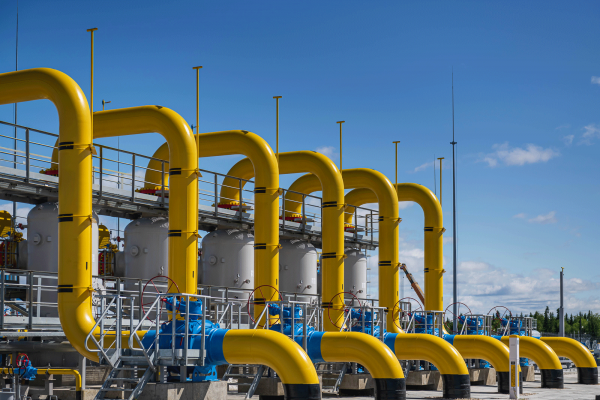Market Report | July 2025
REGO
- At the time of publishing CP23 should have drawn to a close but in an unprecedented set of events, FMD was pushed out.
- Teething issues around the new Ofgem RER platform prevented users from being able to access the system and transfer certificates, leaving it impossible to meet obligations under the original FMD deadline.
- We have seen some smaller WSH volumes trade over this period, but most counterparties were balanced in line with the original FMD date, so there was no upwards movement in pricing.
- CP23 Bio certificates remain plentiful in the market, giving corporates an opportunity to procure good value REGOs for their supply requirements.
- Further out the curve seems relatively flat. We are seeing both buyers and sellers hedge out a percentage of their volumes to provide some certainty and then leave the remaining volume to be traded in the near-term market.

"Further downward movements in near-term market"
Mike Ridler - CEO at C-Zero
“Uncertified waste now generating interest – but an abundance of volumes has prevented much price movement”
Market Report | July 2025
RGGO
- The traditional summer slowdown was delayed by a few weeks this year as demand for certified waste/resi seemed to dominate, with prices for 2024-25 volumes settling in the £13-15/MWh range.
- Demand for 2024 crop has slowed as buyers turn to 2025 volumes, but even prices there have been gradually eroded to the high £6s / low £7s.
- There has been a dribble of enquiries for uncertified waste/resi. It has been encouraging to see some demand but given the overhang in supply of the older certificates this has not been enough to have a noticeable impact on prices.
- We attended the ABDA Biogas show in Birmingham and whilst the harvest season kept many Farmer/AD Owners away, it was otherwise very well attended. It seemed that general positivity and confidence in the development of the Biogas market has returned. There is lots of talk about building sites under the new GGSS but it will remain to be seen how many become operational.
- In April, ADBA called on the UK government to unlock £1 billion of AD investment. They highlighted a potential increase in output from 13 TWh currently to 30 TWh by 2030 if the right policies are put in place.
- Many AD owners/operators we spoke to that are over halfway through their RHI period are beginning to look to towards the end of the subsidy period. Without firm support hundreds of small biogas plants face closure by 2031 due to expired subsidy schemes.

“Scepticism on speed of UK and EU ETS link reversed May UK market gains”
Susanne McKay
Green Markets Manager
Carbon
- Following a small rally in European gas prices, EU carbon was slightly up on the May average although prices have dropped back again.
- Market players have priced in a potential minor squeeze on availability later in the year, due to continued discussions around reducing the allowance issuance as part of the Market Stability Reserve (MSR).
- More significant upside potential has been tempered by continued geopolitical and trading uncertainty.
- Bullish sentiment around the linking of the UK and EU ETS faded during June, as hopes of a relatively quick alignment of the two systems were called into doubt and implementation dates towards the end of the decade were suggested. This caused the sharp gains seen in UK carbon prices in May to fall back – although prices are now recovering again.
- Relatively stable energy pricing in the UK also depressed additional compliance hedging and speculative demand, tempering upward pressure on UK carbon pricing.

“Some upward movement – and AIB report shows healthy market growth over the longer term”
CCO – Chief Commercial Officer
EuGo
- Low liquidity towards the end of H1 initially kept a lid on prices.
- The number of trades picked up at the start of H2 which helped support some upward movement, but most of these trades indicated a general acceptance of the current market rather than any fundamental shifts.
- Reservoirs in Norway and Sweden look like they may drop below 2024 levels. Nordic-Hydro continues to be a key market influence, so this is suggestive of a potential alleviation of GO oversupply and has lifted some of the downward pressure on prices.
- The AIB released their annual report which showed that 2024 was a record-breaking year for their GO system. GO volumes surpassed 1,000 TWh across participating countries and both transfers and cancellations were higher than ever before. This is a positive sign for the continued health of the GO market over the longer term.













